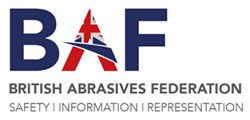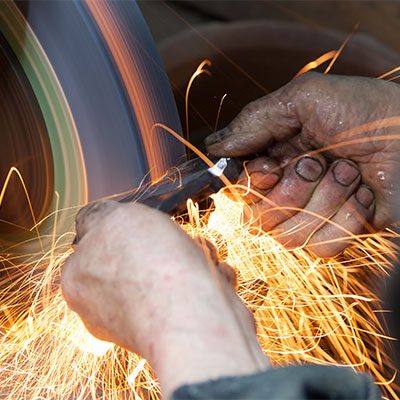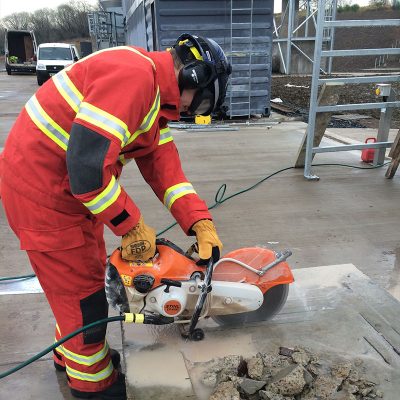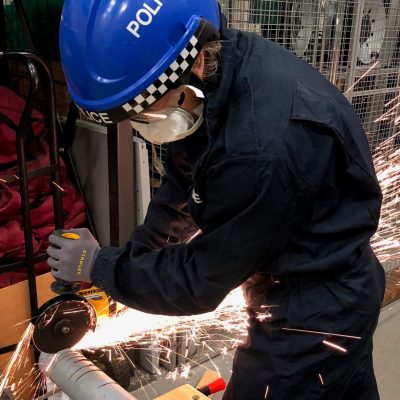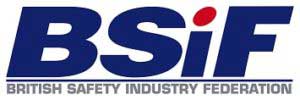Organisations involved in Abrasive Wheel Safety
The Health & Safety Executive are responsible for regulations and enforcement of these in the UK.
There are also other organisations who are actively involved in promoting abrasive wheel safety not only here in the UK but also across the rest of Europe and the World.
The British Abrasives Federation (BAF):
In an industry becoming increasingly globalised, The British Abrasives Federation (BAF) provides a vehicle whereby abrasive suppliers in the UK have the opportunity to take an active role in the generation of safety rules, regulations and standards common to all participating countries.
In Europe, CEN (European Committee for Standardisation) Safety Requirements are ultimately adopted by all EU members and become the minimum norm to which manufacturers adhere. ISO (International Standards Organisation) Standards developed in parallel and fully compatible with the CEN regulations reach a global ordinance via the various National Standards Associations and Institutes.
BAF Members provide specialists to help create the regulations and standards with both of the above organisations, and work closely with BSI (British Standards Institution) and the HSE (Health & Safety Executive) at all stages.
BAF and its Members work in close liaison with FEPA (Federation of European Producers of Abrasives) and the Technical Commissions within the organisation, to produce Safety Leaflets, Safety Codes and Material Safety Data Sheets, in as many as 6 different European languages. The use of these documents plays a vital role in ensuring that up-to-date information is available to abrasive users in domestic and export markets. The FEPA Safety Codes and Safety Leaflets form an essential element in the development of training modules.
The Federation of European Producers of Abrasives (FEPA)
FEPA, the Federation of European Producers of Abrasives, is an association representing over 80% of the European producers of abrasive products, a world leader, including SMEs and international companies in the world, as well as the abrasives National Associations and their members. FEPA Members cover 90% of abrasives European production, exporting 35% of it in the world.
FEPA’s missions, aside from representing the European abrasive industry, are to promote abrasives produced in Europe, to inform members on the evolution of the regulatory framework in Europe and worldwide, to support the producers with a range of technical, legal and scientific services, and to anticipate future challenges in the abrasives sector.
FEPA have produced a brilliant website Abrasives Safety, on this site you will find amongst other things some really useful abrasive wheel information and video clips showing correct methods of cutting, grinding etc.
Organisation for the Safety of Abrasives (OSA)
Grinding and cutting-off operations can present serious risks if the abrasive product is not used correctly. Mainly in the range of hand-held abrasive operations, thousands of accidents, some of them fatal occur each year and regrettably there are still no globally binding safety regulations for abrasives.
Therefore in the year 2000, 17 leading manufacturers founded the Organisation for the Safety of Abrasives (oSa®), with the aim to enable users, dealers and purchasers to distinguish abrasives with an assured safety level from those with unknown safety. The distinctive mark is the almost globally protected oSa®-trademark.




